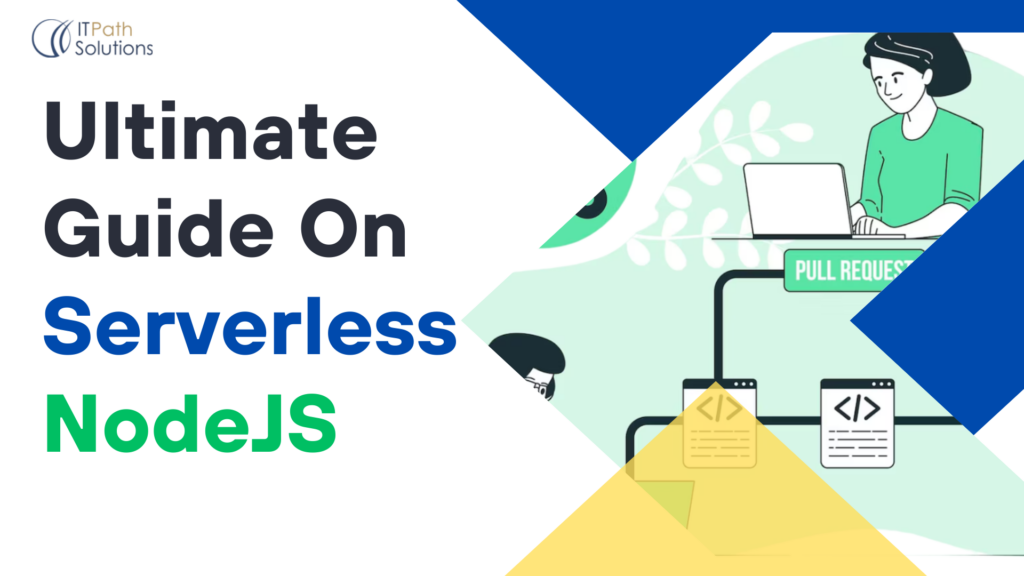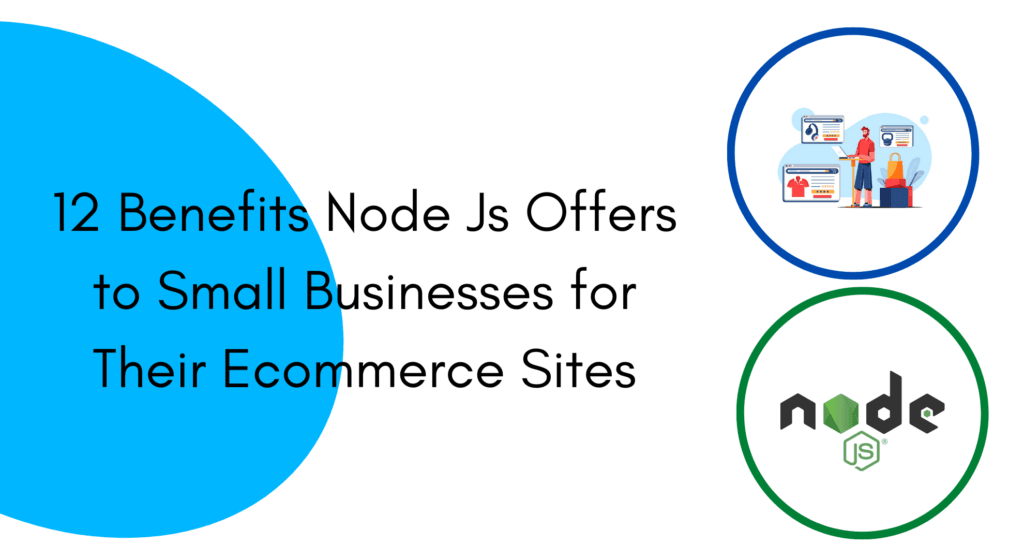Why is Node.js Used? Why Do Developers Prefer It?

Introduction
Node.js is a powerful server-side technology that has gained immense popularity among developers. It allows building and running web applications efficiently, much like frameworks such as ASP.NET, Ruby on Rails, or Spring. What sets Node.js apart is its ability to use JavaScript for both client-side and server-side development, offering a seamless experience for developers.
Why Use Node.js? Key Benefits
1. Single Language for Both Frontend and Backend
Traditional web development frameworks like ASP.NET or Spring require developers to learn multiple languages—such as C#, VB.NET, or Java—for backend programming. With Node.js, JavaScript is used across the entire application stack, reducing complexity and improving efficiency.
Why is this beneficial?
- Developers can work seamlessly across both frontend and backend.
- No need to switch between languages, reducing development time.
- Improved collaboration between frontend and backend teams.
2. JavaScript Everywhere
One of the biggest reasons why Node.js is widely used is that it leverages JavaScript, the most popular programming language for web development. Since JavaScript is already essential for frontend development, using it for backend processes simplifies the development workflow.
3. Easy to Modify and Maintain
JavaScript is a well-known language among web developers. Since many developers are already familiar with JavaScript, transitioning from other web technologies to Node.js is simple. This makes it easier to modify, maintain, and scale applications without steep learning curves.
4. Lightweight and High Performance
Node.js follows an event-driven, non-blocking I/O architecture, allowing it to handle multiple requests simultaneously without consuming excessive server resources.
How does this benefit your application?
- Faster execution of code.
- Efficient handling of multiple concurrent connections.
- Ideal for real-time applications like chat apps, gaming servers, and live-streaming services.
5. Built-in Support for Object Databases
Node.js integrates well with NoSQL databases like MongoDB, which uses a document-based model instead of traditional SQL tables. Since MongoDB stores data in JSON-like format, it naturally fits into the JavaScript ecosystem, reducing the complexity of database operations.
6. Extensive Package Ecosystem (NPM)
Node.js has a vast ecosystem of third-party modules available via the Node Package Manager (NPM). Developers can use these ready-made modules to speed up development and add functionality to their applications with minimal effort.
7. Easy Hosting and Deployment
Many cloud service providers offer out-of-the-box support for Node.js applications, including:
- Google Cloud Platform
- Microsoft Azure
- Amazon AWS
- Heroku
- DigitalOcean
This widespread compatibility makes it easier to host, deploy, and scale Node.js applications.
Conclusion
Node.js is a game-changer for web development, offering high performance, scalability, and ease of use. Its ability to use JavaScript across the entire stack, coupled with an extensive package ecosystem, makes it a preferred choice among developers.
If you’re looking to build a high-performing, scalable web application, Node.js is a strong contender. Need help with Node.js development? Consider hiring an expert developer to bring your project to life.
FAQs About Node.js
1. Why is Node.js used in web development?
Node.js is used for web development because it allows developers to use JavaScript on both the frontend and backend, enabling faster development, better performance, and efficient handling of real-time applications.
2. Why should I choose Node.js for my project?
If your project requires scalability, real-time communication, or microservices architecture, Node.js is an excellent choice. It’s lightweight, efficient, and has a massive ecosystem of third-party modules.
3. What are the common use cases of Node.js?
Node.js is commonly used for:
- Real-time chat applications (e.g., WhatsApp, Messenger alternatives)
- Streaming services (e.g., Netflix-like platforms)
- RESTful APIs and GraphQL APIs
- IoT applications
- E-commerce platforms
- Single Page Applications (SPAs)
4. Why do developers prefer Node.js over other backend technologies?
Developers prefer Node.js because of its single language for frontend and backend, asynchronous architecture, high performance, and extensive community support. It enables faster development and scalability, making it a go-to choice for modern web applications.
5. Can Node.js be used for enterprise applications?
Yes! Many large-scale companies like Netflix, LinkedIn, and PayPal use Node.js for their backend due to its scalability, efficiency, and ability to handle a high number of concurrent users.
 Healthcare
Healthcare  Education
Education  Real Estate
Real Estate  Logistic
Logistic  Themes
Themes
 Plugins
Plugins
 Patterns
Patterns



